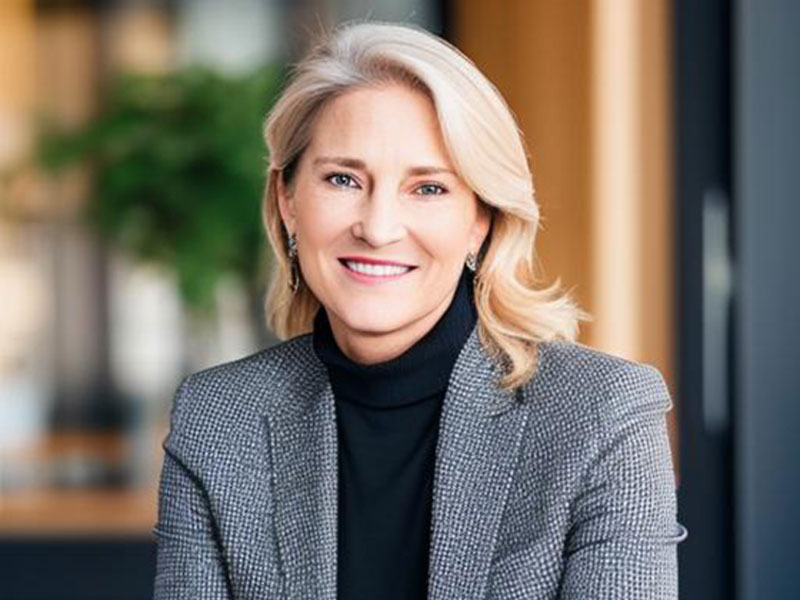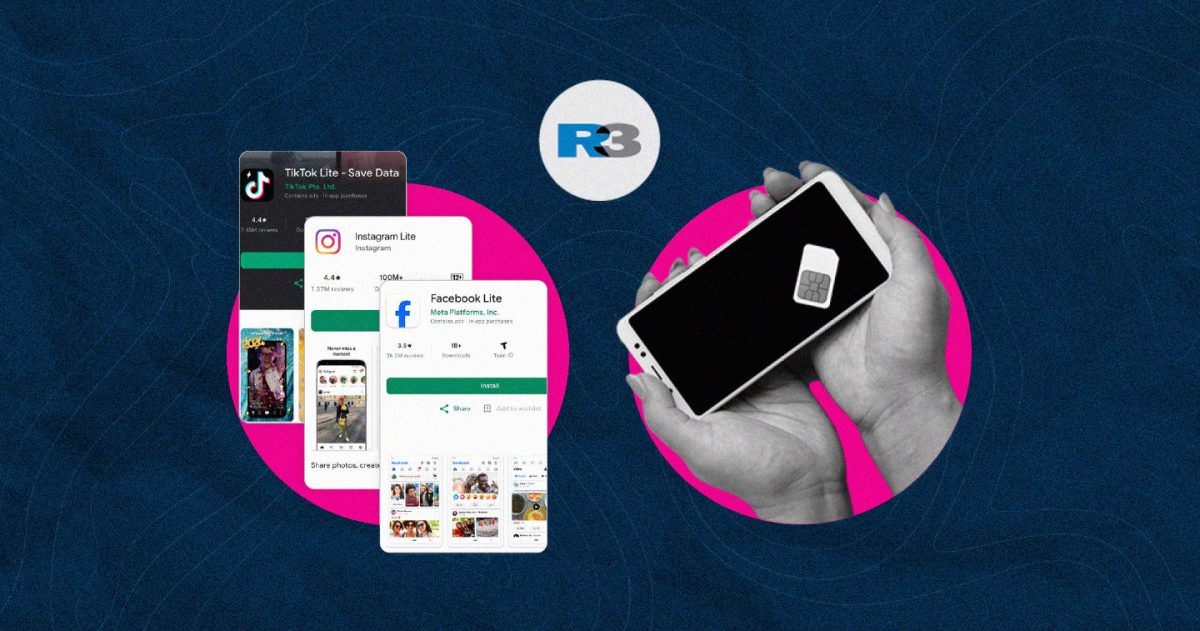Under pressure for growth, Chinese agencies are side-stepping the standard network model for some unexpected alternatives.
What do a water pump manufacturer, a meat processor and an LED lighting supplier have in common? They have all acquired Chinese firms specialising in digital marketing, media and entertainment, outdoor advertising or public relations, totally unrelated to their core operations.
These latest acquisitions, all brokered in 2014, mark the start of a trend of Chinese agencies selling to holding companies that bear no resemblance to the traditional large networks such as WPP, Publicis Groupe or Dentsu.
Leo Group, a water pump manufacturer, recently acquired three digital agencies: Arkr Group, Amber Communications and Media V. Media broker and content agency DMG Entertainment is going public on Shenzhen Stock Exchange through a reverse takeover of meat processor Sichuan Gaojin Foods. And LED lighting supplier Liantronics has likewise bought a stake in Timeshare Media and Utop PR.
“I think the normal conservatism in agency M&A doesn’t really apply in China right now,” says Richard Bleasdale, managing partner at merger consultancy The Taipan Partnership. There is so much pressure to grow, that both agencies and seemingly-unconnected acquirers are prepared to try unorthodox methods for traction. Bleasdale cites continued forecasts of huge growth in the digital media and entertainment sectors in China, coupled with aspirations to move out of the domestic market into Asia and further afield, as the main driving force behind such moves.
According to Bleasdale, the backdoor listings by DMG with Sichuan Gaojin, Amber/Arkr/Media V with Leo Group, as well as vertical integration by Liantronics with Utop/Timeshare are high-risk diversification moves in China. He says that the only other places similar appetite for risky investments in the agency category appears is in other BRIC markets.
“Everyone is motivated to get the maximum amount of returns they can,” says Greg Paull, co-founder and principal of R3.
Big data and digital disruption have the potential to fundamentally change traditional industries, prompting management to seek out creative and strategic talent — something agencies are believed to have in spades.
“Buying into that sort of capability can make a lot of sense,” says Bleasdale. Every acquisition can be both criticised or praised for its promise of shortcut growth in foreign trades, he adds, but the truth is there are no easy ways to accelerate expansion despite direct access to capital markets.
These acquisitions might appear glamorous on the surface, equipping the agencies with financial vehicles and leading to the rest of the industry congratulating acquirees for “finally cashing out”. However, most are subject to aggressive earn out terms and protective valuation adjustment mechanisms.
Due to the manner of its development, the Chinese advertising industry is generally more orientated toward production and execution. As such, domestic agencies have real strengths in efficiency and speed. With the right post-acquisition structures and functions — consultants Campaign spoke to recommended these be leaner and less top-heavy — agencies should be well placed to maximise market opportunities to meet revenue ratio targets.
From client perspectives, there is concern that agency founders will spend more time playing it up at investor roadshows to boost share prices. However, Mike Chambers, director of PR at DMG Entertainment, says his company has stipulated that these duties will only fall to financial senior management and that an external agency would be engaged to handle DMG’s financial PR.
Some clients, who asked not to be named, questioned the loss of independence, which had enabled independent firms to be nimble and fast. They worry this could lead to lengthier response times as the agency grew tied up in the rules and regulations that comes with being part of a listed firm.
“You will see a range of outcomes: at one end the Sichuan Gaojin deal has the potential to enable DMG to become a truly significant global digital media and entertainment player,” predicts Paull. “This deal was a little bit unusual with DMG very much in charge after the deal.”
At the other end of the range, Bleasdale warns, the Leo Group deal runs the danger of “misaligned agendas that are destructive for involved parties”. Although China is re-writing some M&A rules, “the agency business remains a people business, and the quality of people will drive success or failure in the long term”.
Fundamental differences between agency acquisitions and non-agency ones include synergy within internal units of a network conglomerate and accountability to clients as a single entity.
“You can use vendors and such, but they’re like ‘a secret daughter-in-law who can’t meet the parents’, without total transparency and integration,” points out Chris Tung, CEO of VML IM2.0 China, who last year proposed social agency Teein to parent company WPP for acquisition considerations.
WPP also approached Amber Communications and Arkr Group before the duo eventually accepted Leo’s bid to retain the “ability to act for oneself … [and] a chance to create China’s own model where the best local digital agencies are organically combined”, says Dalton Zheng, president of the newly-minted Leo Digital Network.
Amber Liu, the network’s vice-president, downplays concerns about agencies’ future autonomy, saying most negotiated for the same level of control as pre-acquisition days. “It’s a trial to explore possibilities in digital marketing for China’s complex landscape,” he says. “If it turns out well, it amounts to experience gained, if not, it is still a lesson learnt.”

Greg Paull, co-founder and principal, R3
If you look back to history, you can see that acquirees can get a lot of benefits from being part of an advertising agency holding group, so these cases will face some challenges.
One is, they may get more money upfront, but they lack the synergy they would have gotten as part of an agency holding group.
Another is, will they be able to make smart decisions about management and talent choices going forward? Not every digital person in China is willing to work for an agricultural or food company. How this plays out remains to be seen.
What typically will happen in these scenarios is they will have a three-year earnout with certain financial projections; if they don’t match them, that’s when the acquirers flex muscles to make critical changes, but the acquirees won’t have the comfort of an agency holding group to lean back on.
When a holding company has an advertising background, the bosses tend to be more logical. If they’re not from that background, there’s no telling what they’ll do for payback. It’s going to be interesting to watch them meet the financial numbers.
As long as their management teams stay in place, these acquirees should perform relatively well, but you can die wondering if they would have done better if they were inside an agency holding group structure.
Advertising agencies, as services businesses, run very differently from other businesses. It really depends on the individual acquirers and whether they have the sensitivities to manage a services business. Otherwise, there could be lack of insight to how much creative talent costs and how much lower the profit margins can be compared to, for example, the software industry.
In 2015, we are likely to see more unusual acquisition targets by sunset sectors with digital ambitions, because of the growth of e-commerce and because of the successes of the likes of Alibaba and Tencent. People are finally realising that digital is part of business capability, not just a part of communications.
Source: Campaign Asia-Pacific





